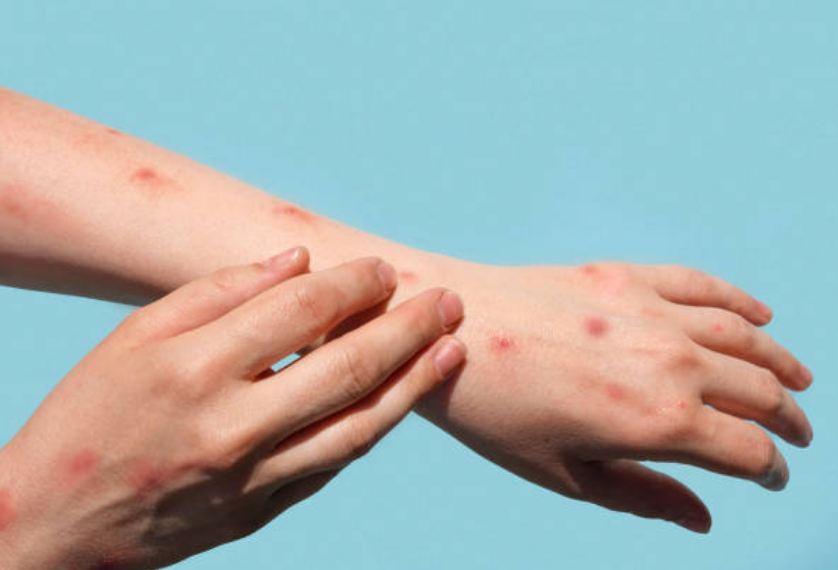At a time when more than 50 thousand cases and 16 deaths of monkeypox have now been reported since the outbreak earlier this year, the World Health Organisation (WHO) has said the disease remains underreported in Africa.
Cameroon, the Democratic Republic of Congo (DRC) Ghana, Liberia, Nigeria, and Sudan are some of the African countries that have reported monkeypox cases.
Briefing the media recently, WHO director-general, Dr. Tedros Adhanom Ghebreyesus said cases of the disease in Africa remain suppressed.
“Until earlier this year, few people outside Africa and the public health community had even heard of monkeypox,” said Ghebreyesus.
“In just a few months, it has become a household word. More than 50 thousand cases and 16 deaths have now been reported to WHO since the outbreak began earlier this year. Already, the number of cases reported this year eclipses the total number reported since monkeypox was first identified in 1958 – although there has obviously been significant underreporting in Africa.”
Ghebreyesus said although mortality is “thankfully very low,” many of those infected report severe pain that sometimes requires hospitalisation to manage.
“The vast majority of cases – more than 95%, are among men who have sex with men, with a median age of 36,” said the WHO chief.
“Among cases where HIV status is known, about 40% of reported monkeypox cases are among people who are also living with HIV. However, we need more information from more countries on how these conditions interact.
However, in some countries in Europe and North America, the WHO director-general said there is now a sustained decline in cases, demonstrating the effectiveness of public health interventions and community engagement to track infections and prevent transmission.
“These signs confirm what we have said consistently since the beginning: that with the right measures, this is an outbreak that can be stopped,” he noted.
“And in regions that do not have animal-to-human transmission, this is a virus that can be eliminated. But it won’t just happen. To stop the outbreak and eliminate this virus, we need, first of all, the evidence that it’s possible, which we are now beginning to see.”
He added: “But we also need political will and commitment; and the implementation of public health measures in the communities that need them most. And for those measures to be effective, community engagement is essential. That’s true of the response to any outbreak or health threat, but it’s especially true in communities that in many countries continue to face stigma, discrimination, and criminalization.”

